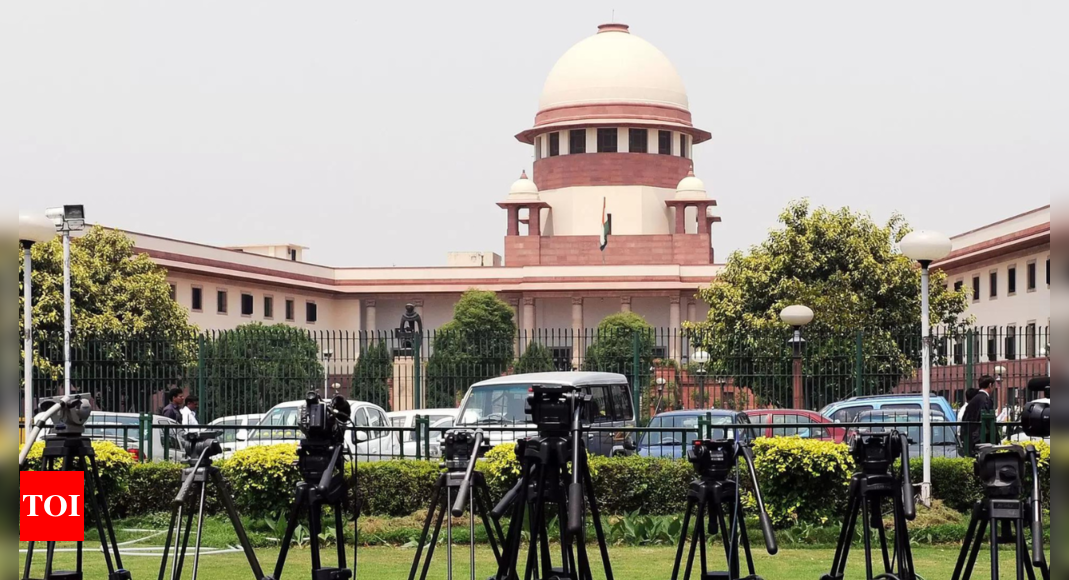Emphasising protection of journalistic freedom in litigation initiated by entities with ‘immense economic power’, the Supreme Court of India has urged courts to exercise caution when passing restraining orders against media houses, reserving such actions only for ‘exceptional cases’. The court emphasized that courts should refrain from granting ex-parte restraint orders without examining the prima facie merits of the allegations presented against media houses. It further noted that injunctions against publication should not be granted unless it is established that the content being restricted is ‘malicious’ or ‘palpably false’. The court stressed that granting interim injunctions, particularly ex-parte, before trial commences can stifle public debate and hinder the right to freedom of speech. It contended that ex-parte injunctions should only be granted in cases where the defense presented by the respondents would undoubtedly fail at trial. In all other cases, injunctions against the publication of material should only be granted after a full-fledged trial is conducted or, in exceptional cases, after the respondents have had a chance to make their submissions. The court also referred to the concept of ‘Strategic Litigation Against Public Participation’ (SLAPP Suits) and acknowledged the potential of prolonged litigation to prevent free speech and public participation. In suits concerning defamation by media platforms or journalists, the court stressed the need to balance the fundamental right to free speech with the right to reputation and privacy. The court’s order came in response to a plea filed by Bloomberg Television Production Services against Zee Entertainment Enterprises challenging orders of a trial court and the Delhi High Court, which had directed the takedown of an article against Zee and restrained its circulation and publication. The Supreme Court quashed the High Court’s order, recognizing the importance of protecting journalistic expression and cautioning against the use of pre-trial interim injunctions as a means of suppressing free speech and public participation.
Supreme Court: Restraining orders against media houses should be exceptional cases

-
Uncategorized










